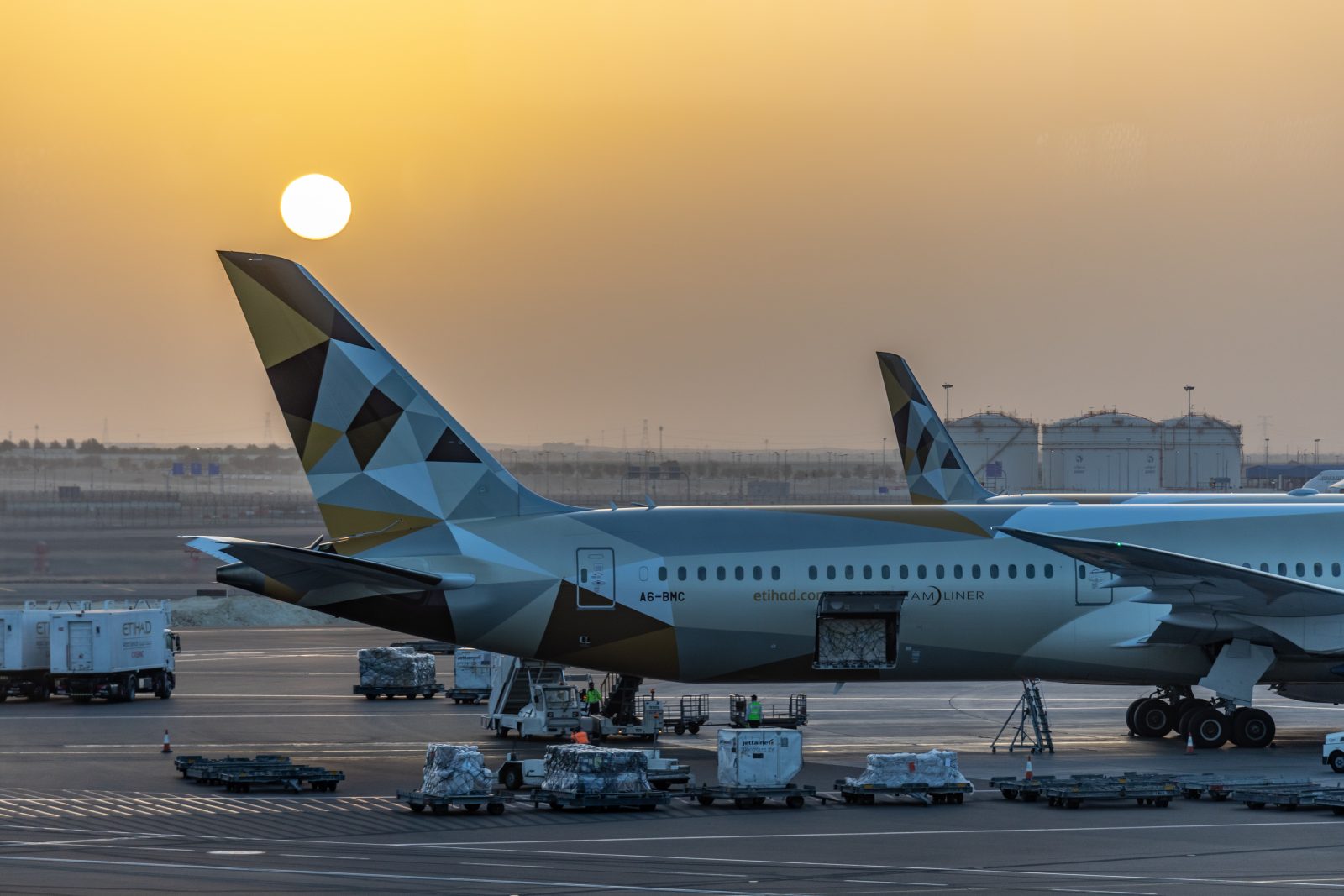
Etihad Airways will retire its entire 19 strong fleet of Boeing 777-300 aircraft by the end of this year chief executive Tony Douglas told a virtual aviation conference on Thursday. Douglas said the move was part of the multi-billion-dollar loss-making airline’s plan to become “more commercially sustainable”.
“You will see of us a very focused, a very disciplined operating model which is heavily built around the 787 Dreamliner and A350-1000,” the British CEO told the World Aviation Festival.
Is is, however, too early to say what might happen to Eithad’s order of brand new Boeing 777X aircraft – the initial delivery of which has been pushed back to 2023 at the earliest due to certification issues facing embattled aircraft manufacturer Boeing.
Etihad has 24 of the next generation 777X aircraft on order and the Abu Dhabi-based airline was meant to be one of a select few launch customers for the jet. The initial order was placed back in 2013 when Etihad was embarking on an ambitious expansion drive in the hope of taking on rivals Emirates and Qatar Airways.
On Thursday, Douglas reaffirmed his desire to turn Etihad into a “proudly” full-service mid-sized airline with fuel-efficient Boeing 787 Dreamliner and Airbus A350 aircraft at its heart.
Etihad has already taken delivery of five out of 20 A350 aircraft it has on order with the European aerospace giant but they remain in storage while the airline rides out the pandemic.
Etihad’s fleet of 10 superjumbo A380’s remain, officially, in long-term storage but Douglas has indicated that they are unlikely to fly for Etihad ever again. The expensive, inefficient, quad engined aircraft no longer fit Etihad’s strategy as it seeks to slash costs and turn a profit within the next two years.
Despite Etihad’s shrinking size, Douglas remains adamant that the airline will continue to operate a hub model as the world emerges from the pandemic, “albeit with slightly stronger point-to-point” traffic he said on Thursday.
Photo Credit: PhotoExpozure / Shutterstock.com
Mateusz Maszczynski honed his skills as an international flight attendant at the most prominent airline in the Middle East and has been flying ever since... most recently for a well known European airline. Matt is passionate about the aviation industry and has become an expert in passenger experience and human-centric stories. Always keeping an ear close to the ground, Matt's industry insights, analysis and news coverage is frequently relied upon by some of the biggest names in journalism.







